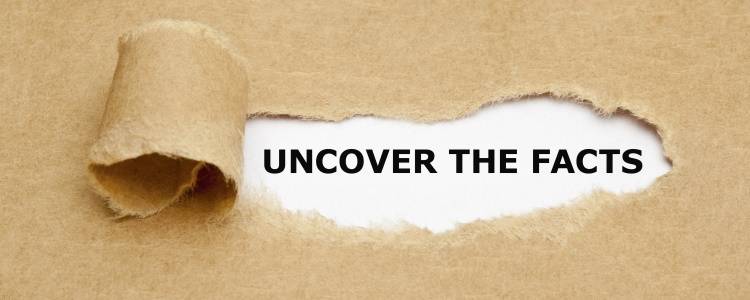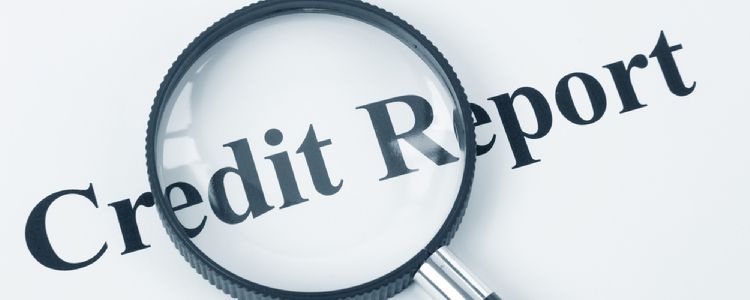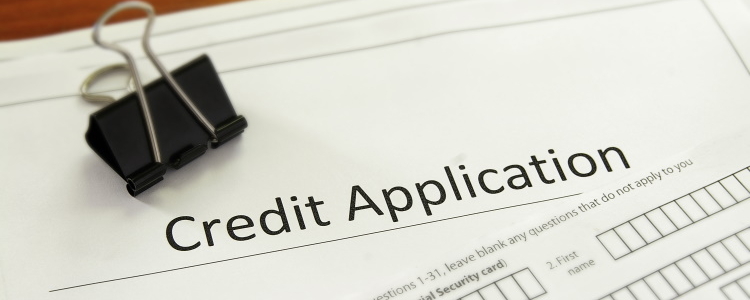1. Credit repair companies remove all bad accounts
This is a myth that’s often advertised by credit repair companies themselves. They can’t just remove negative accounts because you paid them to do so. In fact, a credit repair company can’t do anything you can’t do! These organizations can only remove inaccurate accounts, help you locate incorrect items on your credit reports, and contact your creditors on your behalf.
And if a credit repair company promises to raise your credit score by a certain amount of points, beware, because this type of promise is nearly impossible to fulfill or even predict.
2. Closing old accounts boosts your credit score
The amount of time you have lines of credit reporting on your credit reports has an influence on your credit score. The older your positive accounts, generally, the higher your chances for a better credit score. The average age of all your open accounts matters, too. So if you close an old credit card that you don’t use anymore, it can actually lower your credit score a little – length of credit history makes up 15% of your FICO score.
3. Paying off collection accounts immediately improves your credit score
 If you pay off your collections accounts, that account can still continue to hurt your credit history for up to seven years, unfortunately. Paying it off stops collection action from your creditors and debt collectors, and it can increase your credit score a little bit, but because it was in collections it can still impact your credit score for up to seven years.
If you pay off your collections accounts, that account can still continue to hurt your credit history for up to seven years, unfortunately. Paying it off stops collection action from your creditors and debt collectors, and it can increase your credit score a little bit, but because it was in collections it can still impact your credit score for up to seven years.
If you want a collection account removed from your credit reports because it’s inaccurate, then you need to file a dispute with the credit bureau reporting it. You typically need to provide proof that it’s wrong, and if you do, the credit bureau removes it from your credit report and it can improve your credit score.
4. All your credit reports have the same information
There are three major credit reporting agencies: TransUnion, Experian, and Equifax. All three have their own credit report, and they all may contain different information. This is why it’s important to review all three of your credit reports to make sure they’re all consistent and accurate. All of your credit reports could contain the same information, but it’s not a guarantee.
You can review your credit reports every week for free right now, due to the pandemic, until April 2022. Visit www.annualcreditreport.com to request your free credit reports. Normally, you’re only given one free credit report per bureau every 12 months, so we recommend taking advantage of this to actively check your credit every week if you’re in the middle of repairing it or checking up on disputes.
5. Checking your own credit score or reports lowers your credit score
This is simply wrong! Checking your own credit reports or credit score does not harm your credit score in any way. It’s considered a soft pull or soft inquiry. You’re entitled to review your own credit score and reports without any consequences.
Another example of a soft pull that doesn’t hurt your credit score is an unsolicited preapproval from a lender, such as a letter notifying you that you’re prequalified for a credit card that you didn’t apply for. These lenders did a soft pull on your credit to see if you’re possibly eligible for their offer, and it doesn’t harm your credit score.
6. Multiple credit pulls can harm your credit score
This is somewhat true, but it also depends on how you’re applying for new credit. When you apply for new credit, the lender requests your credit reports and this is classified as a hard pull. This can harm your credit score by around five to 20 points for up to 12 months. If you apply for multiple credit lines of credit over the span of a few months, it can hurt your credit score and cause a hefty drop in points. However, there’s a way to do this to minimize this impact – rate shopping.
If you apply for the same type of credit within two weeks, it’s called rate shopping. The credit-scoring models understand that when you apply with multiple auto lenders within one week, that you’re shopping for a good deal. Done correctly, only one hard inquiry impacts your credit score – all are reported but only one carries any influence.
7. Your employment status impacts your credit score
Whether you have a job, collect Social Security, or have never had a job in your life, it has no impact on your credit score. It’s true that sometimes your employment history is listed on your credit reports, but it doesn’t have any bearing on your actual credit score. What the credit scoring models care about is how you’re handling repaying your loans – not where you work.
Lenders, on the other hand, do care about your employment history because they want to be confident in your ability to successfully repay the credit that you’re taking on.
8. Your and your spouse’s credit scores merge
When you get married, it’s true that many things between you and your spouse become shared. However, your credit scores are still separate. Your marital status also has no bearing on your credit score.
If you apply for new credit with your spouse, such as a joint auto loan, your credit scores are also considered separately. Often, the spouse with the lowest credit score is the one that’s used to meet credit score requirements.
9. Having no debt is good for your credit score
If you don’t have anything currently being reported on your credit reports, then you likely have a thin file. A thin credit file can actually create a lower credit score. The majority of your credit score is based on your payment history. If you don’t have any loans that you’re actively paying on, you're not building a good credit score.
However, having too much debt can also hurt your credit score. For example, if you have credit cards that are over 30% of their borrowing limit, it usually leads to a poor credit score. There’s no real baseline for how much debt you should have because what’s important is that you’re not overextending yourself and that you're paying your loans back on time. It all depends on your situation and what you can comfortably handle.
Most lenders prefer borrowers with active accounts because it proves that you’re able to handle credit. Borrowers that have never taken on any credit can also be called no credit borrowers. It can sometimes be tough for new borrowers to get their feet wet in the credit world because they haven’t yet proven they can handle repaying credit.
To get a jump of things, many new borrowers with thin credit files start their credit history with a secured credit card or a subprime car loan – which we want to help with!
Need a Jumpstart on Credit Repair?
At Auto Credit Express, we’ve dedicated the last two decades to helping bad credit borrowers get the auto loans they need. With our expansive network of dealerships, signed up with subprime lenders that are equipped to work with many unique credit situations, we want to help you too.
Start your car buying journey by filling out our free auto loan request form and we’ll look for a dealer in your local area with bad credit lending resources.

 If you pay off your collections accounts, that account can still continue to hurt your credit history for up to seven years, unfortunately. Paying it off stops collection action from your creditors and debt collectors, and it can increase your credit score a little bit, but because it was in collections it can still impact your credit score for up to seven years.
If you pay off your collections accounts, that account can still continue to hurt your credit history for up to seven years, unfortunately. Paying it off stops collection action from your creditors and debt collectors, and it can increase your credit score a little bit, but because it was in collections it can still impact your credit score for up to seven years.













